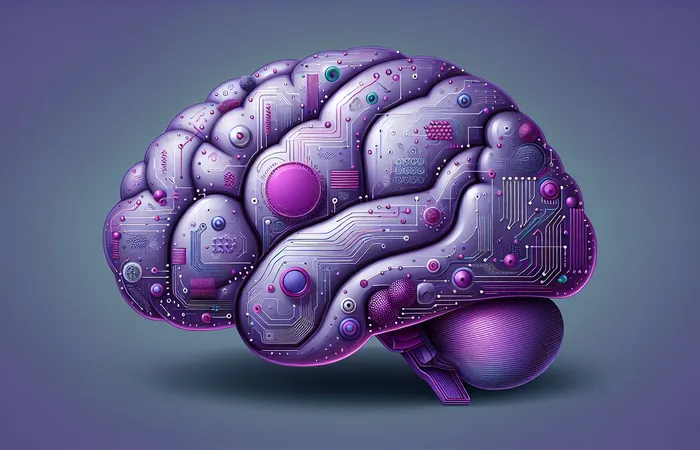Building a Resilient Learning Culture in Corporations

In today's fast-evolving business environment, building a resilient learning culture in corporations is essential for sustaining growth and competitiveness. Discover the pivotal strategies to foster continuous learning and adaptability.
The Importance of a Learning Culture
A resilient learning culture is a vital component for any organization aiming to remain competitive in a rapidly changing market. It creates an environment where knowledge is valued, shared, and utilized to drive continuous improvement and innovation. Learning culture isn't just about attending training programs; it involves cultivating an atmosphere where learning opportunities are a natural part of day-to-day operations.
Skill5 provides an excellent platform to facilitate this environment with its advanced AI-powered solutions for training and development, allowing organizations to seamlessly integrate learning into workplace routines. A strong learning culture encourages team members to take initiative, share insights, and collaborate across various levels of the organization, ultimately contributing to a more productive and engaged workforce.
Strategies for Fostering a Learning Culture
- Leadership Commitment
Leaders must champion the importance of learning and development. By embodying learning values and prioritizing personal development, they set an example for employees to follow. Executive support is crucial for allocating resources and ensuring that learning initiatives align with the organization's goals. - Aligning Learning with Business Objectives
Training programs should not be run in isolation but rather align with the strategic objectives of the business. Organizations should map out a learning strategy that directly supports business goals, using data-driven insights to identify skills gaps and areas with the highest potential for impact. - Incorporate Diverse Learning Formats
Using a blend of learning methods helps cater to different learning styles. Traditional classroom learning, e-learning platforms, immersive technology, and micro-learning experiences offered by platforms like the Skill5 Academy can help deliver more versatile and impactful learning. - Promote Knowledge Sharing
Encouraging a culture of knowledge sharing is essential for building a learning organization. This can be achieved through mentorship programs, collaborative projects, and cross-departmental workshops that leverage the collective expertise within the company. - Use Technology to Enhance Learning
Leveraging AI in education can greatly enhance the learning experience within organizations. By using data to personalize learning experiences, AI can help tailor content to fit the specific needs and learning pace of each individual, providing a more effective training experience.
Measuring the Impact of Learning Investments
Organizations need to assess the effectiveness of their learning initiatives to understand their impact and make necessary adjustments. This involves tracking metrics related to learning, such as skill acquisition rates, performance improvement, employee engagement, and retention rates. Surveys, feedback, and performance analytics can provide valuable insights to refine learning strategies continuously.
One way to ensure these efforts are yielding results is to set clear KPIs and regularly evaluate them. Establishing a feedback loop where employees can reflect on their learning experiences and outcomes can help identify areas of improvement. Continuous assessment leads to a culture of accountability where employees remain engaged in their development paths.
Cultivating a Growth Mindset
At the core of a learning culture is the fostering of a growth mindset. Encouraging employees to view challenges as opportunities for development rather than obstacles can transform how they engage with their work. Training leaders to coach and mentor employees in adopting a growth mindset can profoundly impact organizational resilience and adaptability.
Promotions, recognition, and career progression should be linked to continuous learning and development efforts. Celebrate learning achievements publicly to motivate employees and create an environment where learning is recognized as an essential part of their career advancement.
Conclusion
Creating a resilient learning culture is a critical endeavor for modern organizations. By focusing on developing a culture that values and integrates learning into every aspect of work, businesses can ensure they remain agile and forward-thinking in the face of change. Incorporating the right technologies and aligning learning strategies with organizational goals, as offered by Skill5, can significantly enhance these efforts.
As businesses continue to navigate a constantly evolving landscape, building a robust learning culture will serve as the foundation to future-proof their workforce and maintain a competitive edge in the marketplace.



